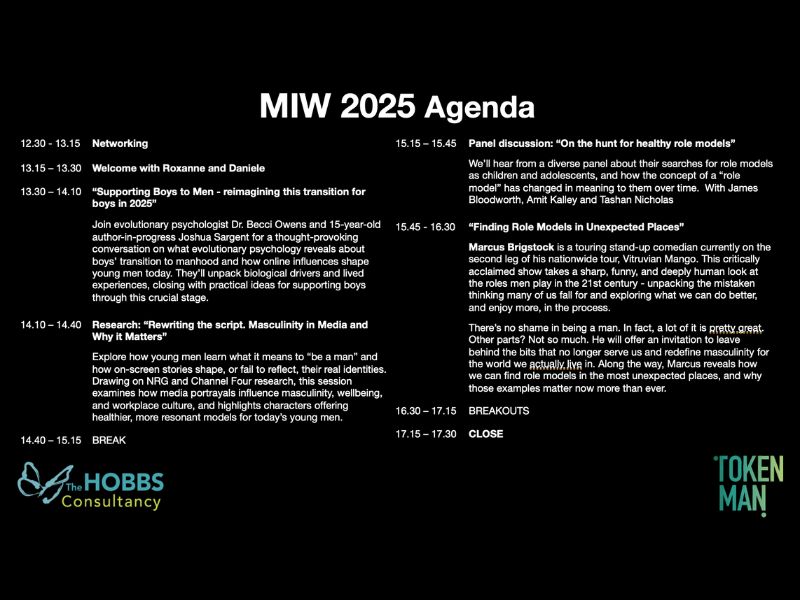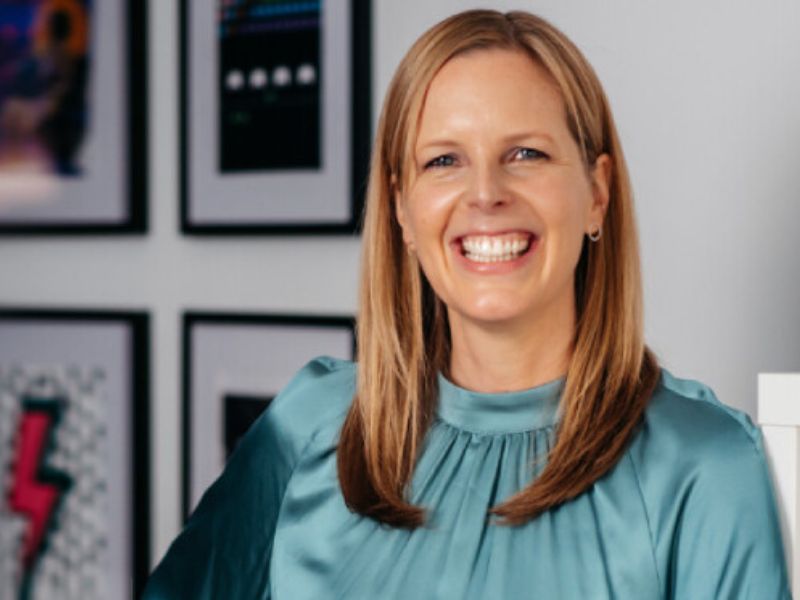Sometimes the biggest barrier to your dream role isn’t lack of experience, skill or opportunity. It’s the quiet voice in your head telling you that you’re not ready, not qualified enough or not the type of person who gets chosen. Self-doubt has a habit of creeping in just when you’re about to step forward.
It whispers that you should stay safe where you are, that aiming higher might only lead to rejection, but self-doubt isn’t truth. It’s a form of protection that your mind uses to keep you comfortable and it can hold you back from the very role that could change your life.
Many of us underestimate what we can do because we focus on what we think we lack rather than what we bring. It might be years of experience that doesn’t fit a traditional path, a gap in our qualification journey or simply the fear of being judged. Yet when you speak to people who have taken a leap and succeeded, most will tell you they felt the same fear but applied anyway. The difference was not that they had no doubts, but that they didn’t let those doubts decide for them.
Start with what you already have
Confidence doesn’t appear overnight. It often comes from recognising what you’ve already achieved and the challenges you’ve already overcome. Think back to moments where you’ve learned quickly, solved problems or adapted under pressure. These experiences build resilience and show that you’re capable of more than you give yourself credit for. Employers look for people who can grow and learn, not for those who tick every box on paper.
If you’re struggling to see your own value, try asking trusted friends or colleagues what they think you’re great at. Sometimes others see strengths that you’ve stopped noticing because they feel normal to you. A reminder from someone else can give you the perspective you need to start believing in yourself again.
Stop waiting for the perfect time
Self-doubt often disguises itself as preparation. You might tell yourself you’ll apply once you’ve finished that next course or after you’ve gained one more year of experience. The truth is, there’s rarely a perfect time to take a chance. You could wait forever and still not feel completely ready. Growth happens through action, not endless planning. When you put yourself forward, even if you don’t get the role, you’ll gain clarity, feedback and experience that move you closer to where you want to be.
It helps to treat the process like practice rather than a test. Every application, interview and conversation is an opportunity to learn. This takes away some of the pressure and allows you to focus on showing your best self rather than trying to be flawless.
Reframe how you see rejection
Fear of rejection fuels self-doubt. No one enjoys being told no, but rejection doesn’t mean you’re not good enough. It simply means the fit wasn’t right at that time. The outcome doesn’t define your worth or your potential. Instead of taking it personally, look at it as a sign that you’re putting yourself in spaces that challenge you. Every rejection is proof that you’re trying and trying is what leads to progress.
When you receive feedback, take it as information, not criticism. It’s there to guide you, not to discourage you. Each time you act despite fear, you build courage and courage is far more valuable than confidence alone.

Visualise success, not failure
Our minds often picture the worst possible outcome before we’ve even started. Instead, try picturing what it would feel like to succeed. Imagine the email inviting you to interview, the feeling of walking into that office or the satisfaction of saying yes to the offer. Visualising positive results helps rewire your thinking from fear to possibility.
This simple shift can make a real difference in how you present yourself. When you expect good things, your tone, posture and words all align with that belief. People can sense when you trust yourself. It doesn’t mean pretending to be someone you’re not, it means showing up as someone who knows they deserve to be there.
Build habits that support confidence
Confidence isn’t only about mindset, it’s about daily habits that make you feel prepared and capable. This could mean setting aside time to update your CV, researching companies that inspire you, or practising your interview answers with a friend. Each small action helps build momentum and reduces the power of self-doubt.
Taking care of yourself also matters. Lack of rest, exercise or connection can heighten anxiety and make doubts louder. Looking after your wellbeing supports your ability to think clearly and handle challenges with perspective.
Remember why you started
Behind every dream role is a reason you want it. Maybe it’s about growth, purpose or simply doing something that feels like you. When self-doubt appears, reconnect with that reason. Write it down somewhere visible, remind yourself of it each time you hesitate. The more you focus on what you’re moving towards, the less space there is for fear to control you.
You don’t need to silence every doubt before taking action. You just need to decide that the possibility of what could go right is worth more than the fear of what might go wrong.
Believing in yourself doesn’t mean feeling certain all the time, it means choosing to keep moving forward even when you’re unsure. The next time you see a job that excites you but triggers that familiar voice of doubt, take a breath and apply anyway. The confidence will grow as you go, not before you start.
Your dream role isn’t waiting for a version of you that feels ready, it’s waiting for the version of you that’s brave enough to try.











